randomness
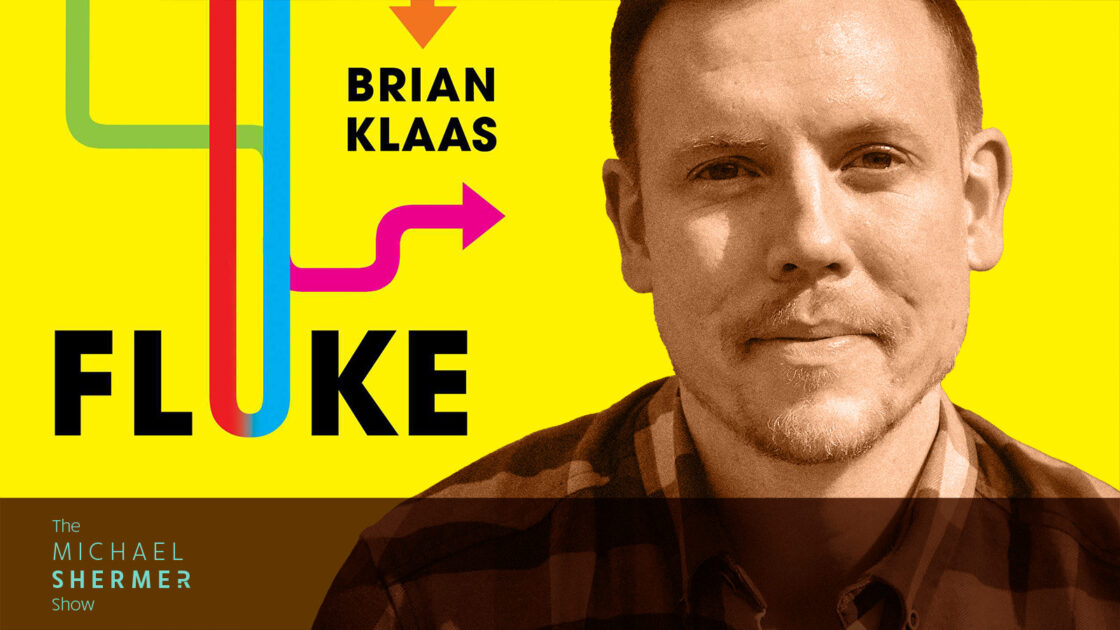
Shermer and Klaas discuss: contingency and necessity/convergence • chance and randomness • complexity and chaos theory • Jorge Luis Borges “The Garden of Forking Paths” • self-organized criticality • limits of probability • frequency- vs. belief-type probability • ceteris paribus, or “all else being equal” • economic forecasting • Holy Grail of Causality • Hard Problem of Social Research • Special Order 191 and the turning point of the Civil War • Hitler, Nazi rise to power in Germany, World…
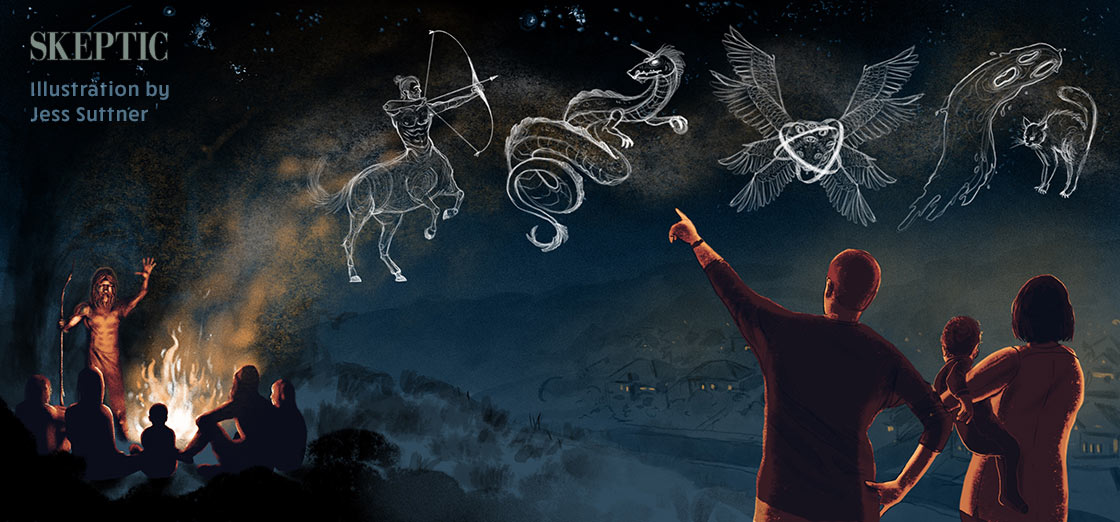
Long before science came of age in the Scientific Revolution of the 16th and 17th centuries, religion had been struggling to make sense of the world for millennia. Sometimes they got it right, but mostly they had no idea how the world works and had no systematic method to determine as much. This article explores the relationship between science and religion in terms of what was known back then and what is known now.
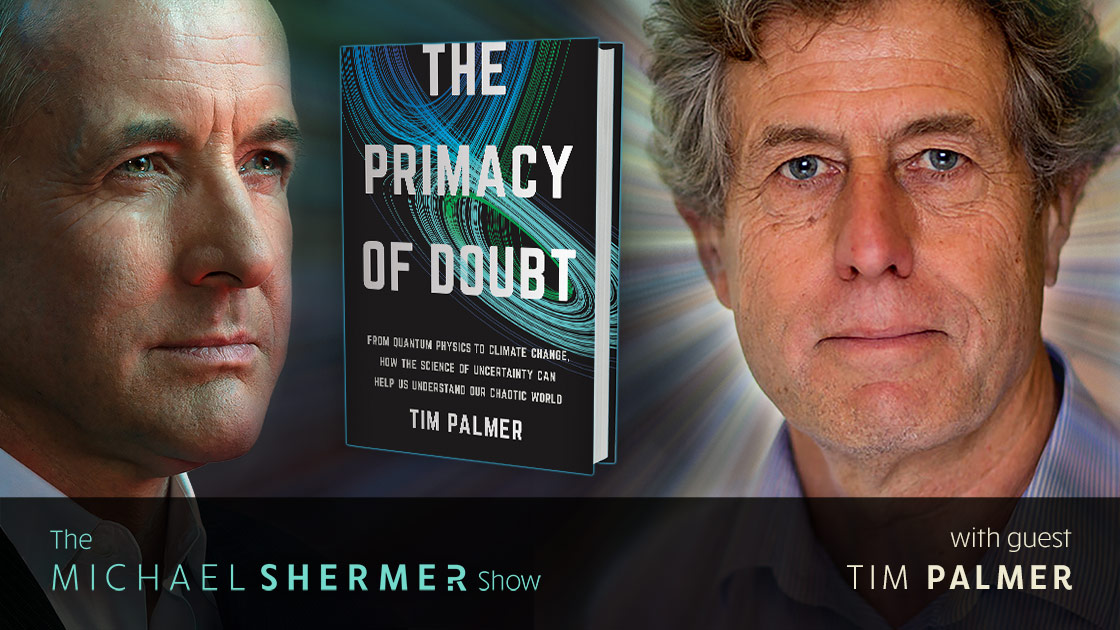
Shermer and Palmer discuss: doubt and skepticism • when doubt slides into denial • uncertainty as a measurement problem vs. inherent in natural systems • contingency and necessity, randomness and law • the butterfly effect • the geometry of chaos • quantum uncertainty • weather forecasting • climate change • pandemics • economic recessions • human decision making and creativity • free will • consciousness, and God.
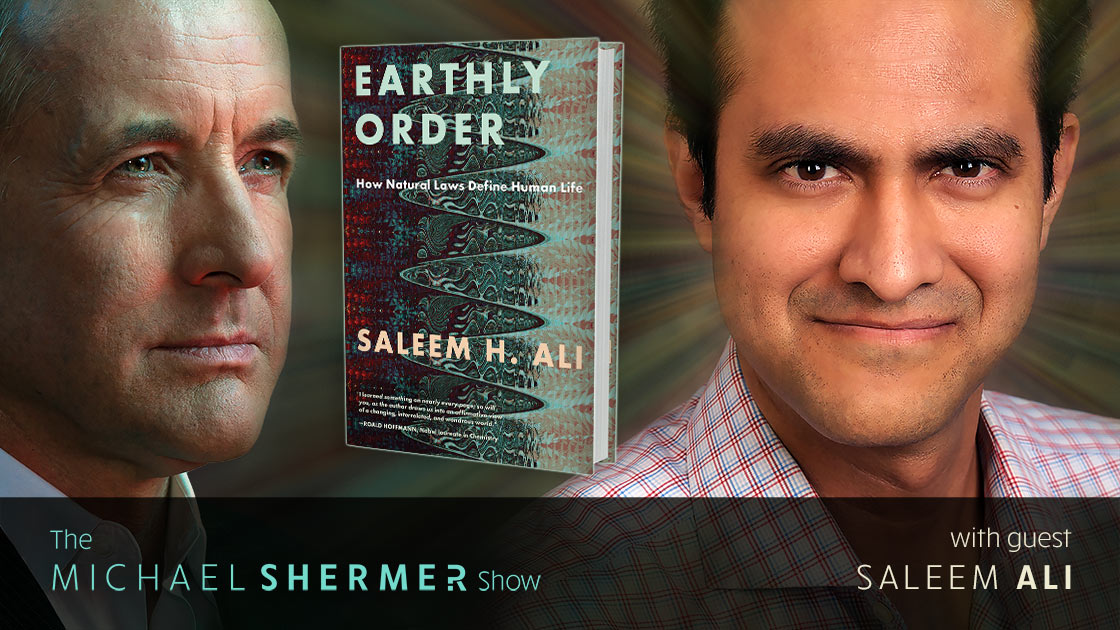
Shermer and Ali discuss: • the search for structure in nature • order and randomness • economic laws • natural laws • natural orders: molecular, quantum, crystals, carbonic, nuclear, magnetic • hydrological, organismic, Gaia and Medea • reductionism and holism • Islamic economics • the origin of wealth • Is there an optimal economic order? • how mining rights work in the U.S. and elsewhere • the voter’s paradox • Pareto optimality and why we can’t achieve it • resource…
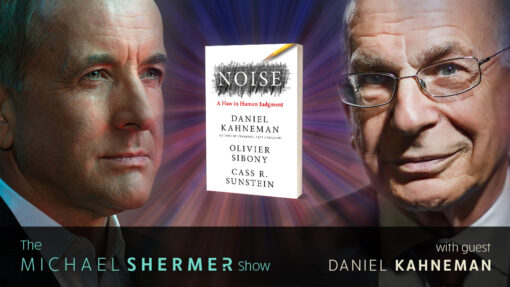
In episode 189, Michael speaks with Nobel Prize winning psychologist and economist Daniel Kahneman about the detrimental effects of noise and what we can do to reduce both noise and bias, and make better decisions in: medicine, law, economic forecasting, forensic science, bail, child protection, strategy, performance reviews, and personnel selection.
In episode 189, Michael speaks with Nobel Prize winning psychologist and economist Daniel Kahneman about the detrimental effects of noise and what we can do to reduce both noise and bias, and make better decisions in: medicine, law, economic forecasting, forensic science, bail, child protection, strategy, performance reviews, and personnel selection. PLUS: We present a review by Dr. Harriet Hall of Abigail Shrier’s 2020 book Irreversible Damage: The Transgender Craze Seducing Our Daughters was originally published on Science-Based Medicine’s website…

Bernard Leikind reminds us how fortunate we are to stand grounded on a foundation of scientific knowledge in the face of uncertainty.
Bernard Leikind reminds us how fortunate we are to stand grounded on a foundation of scientific knowledge in the face of uncertainty.
In this week’s eSkeptic, Michael Shermer reviews Antifragile: How to Live in a World We Don’t Understand, by Nassim Nicholas Taleb (2012, U.S. edition published by Random House, subtitled “Things That Gain from Disorder”). Order the hardcover book or the Kindle Edition. This review was originally published in Nature, Nov. 21, 2012.
In this week’s eSkeptic, Jonathan Lowe reviews the film Darwin: The Voyage that Shook the World, produced by Creation Ministries International and Fathom Media, 2009.
A DRUNKARD’S WALK is a type of random statistical distribution with important applications in scientific studies ranging from biology to astronomy. Mlodinow, a visiting lecturer at Caltech and coauthor with Stephen Hawking of A Briefer History of Time, takes us on a walk through the hills and valleys of randomness and how it directs our lives more than we realize.














